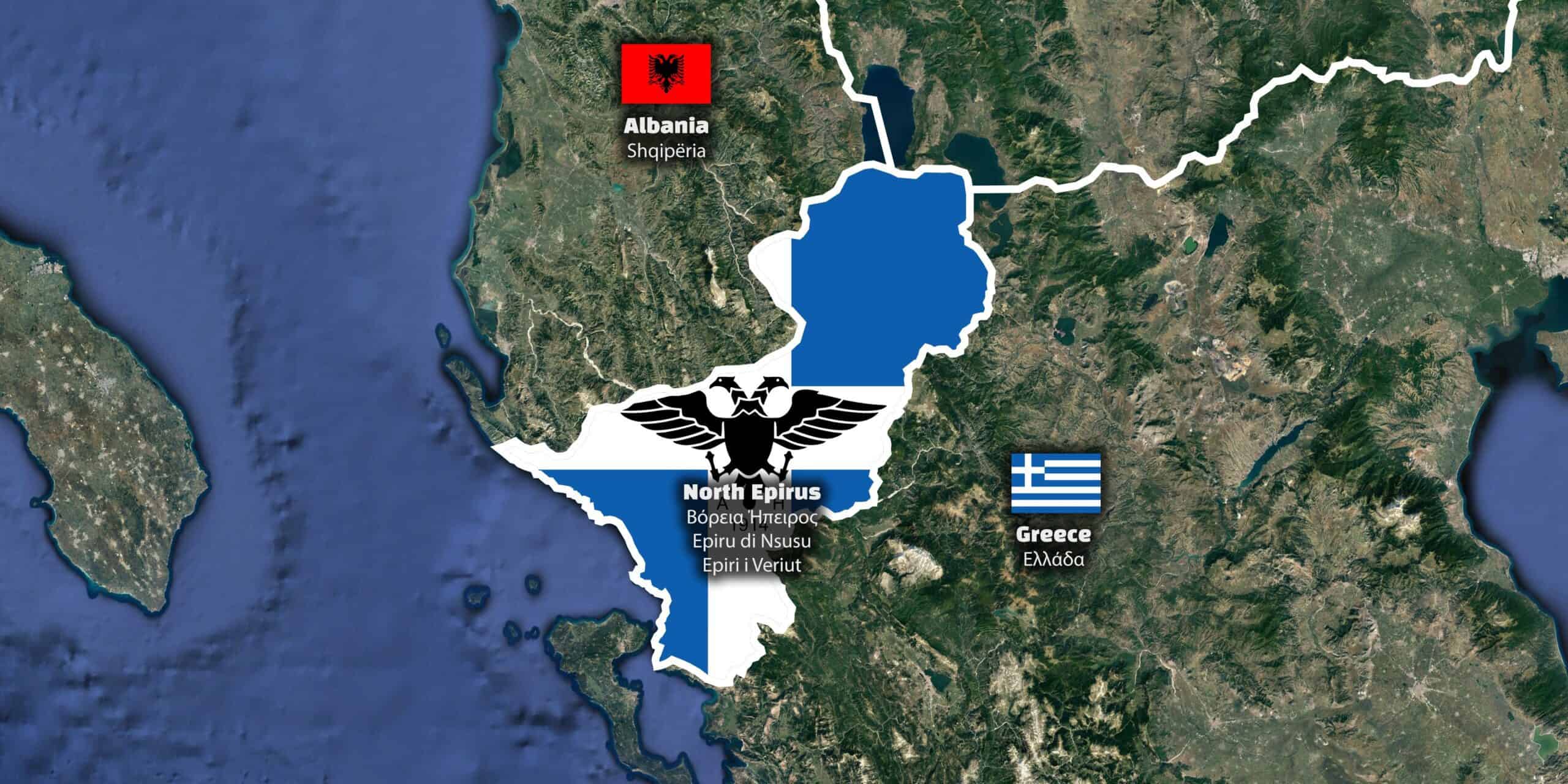
Greek-Albanian relations are in the forefront in recent days with the latter wanting to join the European Union, but also because of the persecution of the Greek minority in tNorthern Epirus (Βόρειος Ήπειρος) in Albania, directly on the border with Greece.

However, Greek autonomy should exist in Northern Epirus under the Albanian state because of the Corfu Protocol signed on May 17, 1914.
It was signed by the representatives of the Provisional Revolutionary Government of the Greeks of Northern Epirus, headed by Georgios Christakis-Zografos - representing about 250,000 people, and the newly formed Albanian state headed by Prince William of Wied.
This was done with the mediation of the International Commission of the six Great Powers even though Greece liberated the region from Ottoman rule during the Balkan Wars.
The Greek Army liberated the Greek-majority area, but the Great Powers decided to award the region to the newly formed Albanian state.
With its signing, armed clashes between the Albanian forces and the Northern Epirotes (Holy Corps) ended and the autonomy of Northern Epirus was recognised, along with a series of rights for the local population.
Zografos contributed to the international recognition of the Northern Epirus issue that resulted in the autonomy of the region with the signing of the Protocol.
The region officially gained its autonomy, under the auspices of Prince of Albania, who, however, did not have substantial powers.
The Albanian government would have the right to appoint and dismiss governors and senior officials.
Other terms of the agreement prohibited military units from being located in the area, except in the event of war or revolution.
The teaching of the Greek language in schools was also allowed, although in the first three grades Albanian would be taught in parallel with Greek.
Religious teaching, however, would only be done in Greek.
The Great Powers would guarantee the maintenance and execution of the above measures.
On May 17, as a revolution broke out in central Albania, the Greek government, which had not been involved in the negotiations until then, played a key role.
Greek Prime Minister Eleftherios Venizelos urged Zografos to ratify the terms of the Protocol as soon as possible without making any additional claims.
The autonomous government of Northern Epirus demanded that the Great Powers be approved and guaranteed for the protocol.
It was finally ratified on June 1, and a few days later the Albanian government finally accepted the agreement and handed over the official document of the protocol on June 23, 1914 to the autonomous government.
Venizelos' insistence persuaded the representatives of Northern Epirus to withdraw and ratify the Corfu Protocol, during the Pan-European Conference in Delvino (Δέλβινο, Albanian: Delvinë).
An exception was the representatives of Heimarra (Χειμάρρα, Albanian: Himarë), who insisted on union with Greece, calling for "Union or Death."
A few days later, the acceptance of the agreement was announced to the International Audit Committee.
However, before the Corfu Protocol came into force, World War I was declared.
Although the Corfu Protocol was never revoked by a later treaty, after World War I, it was never implemented.
The Greeks of Northern Epirus lived in harsh repression during the communist era, and with its collapse in 1991, the situation did not improve.
To this day, Greeks in Northern Epirus are discriminated against by journalists and politicians, as reported by Greek City Times.
The Greeks also continue to have their properties confiscated without compensation, bilingual signs removed, and harassment from police and Albanian ultra-nationalists.
Perhaps the implementation of the Corfu Protocol needs to be re-explored to protect the approximately 120,000 Greeks still living in Northern Epirus.

